
If you’re fed up with hearing conflicting information about nutrition, you’re not alone. You want to eat well, but it seems a losing battle when what you thought was healthy is suddenly getting lambasted by the media, and what you’ve been avoiding is suddenly labelled a “superfood.” The recent advisory by the American Heart Association (AHA) condemning saturated fats, and specifically coconut oil, seems like more of the same.
Most people who are interested in nutrition and healthy living are by now aware of coconut oil’s health benefits and popularity. However, the AHA now claims that because coconut oil is a source of saturated fat, it increases LDL (bad) cholesterol, which can lead to heart disease, and that coconut oil also has no redeeming value to make its benefits outweigh its so-called risks. Certain news outlets jumped on the bandwagon, perpetuating the idea that coconut oil is somehow unhealthy and should be avoided or strictly limited.
However, it’s crystal clear that coconut oil is a healthy choice, and that there’s no reason you should stop using it for cooking and supplementation. No one is claiming that coconut oil is the healthiest thing you can put in your mouth or that you should eat jarfuls of it every week. But the evidence that coconut oil is healthy is pretty clear. Read on and decide for yourself.

You would do well to be sceptical of anyone who has a long-held commitment to a single position on any topic no matter what, and the AHA is no exception. The AHA has been claiming for decades that saturated fats are bad for you, increasing the risk of heart disease, and they hold this position in spite of numerous studies that show results that conflict with this finding. They point to old research and recommend replacing saturated fats with unsaturated fats, specifically polyunsaturated fats, which are found in many vegetable oils.
It’s important to note that the new report by the AHA wasn’t published in response to some new study showing that coconut oil was harmful to people’s health. In fact, the AHA released the statement condemning coconut oil in response to several other studies whose results they didn’t like. There actually isn’t any real evidence that shows that saturated fats damage health, but there is evidence that shows the opposite – for example, this study published in the British Journal of Sports Medicine that reveals that heart disease is a chronic inflammatory condition, worsened by heavy carbohydrate consumption and improved with the consumption of more saturated fat.
Furthermore, the AHA report states clearly that researchers didn’t compare the direct effects of coconut oil and other oils on cardiovascular disease. The natural question follows: if they didn’t study coconut oil specifically, how can they possibly claim that it’s more dangerous? They say they reached this conclusion based on the fact that coconut oil raises LDL (bad) cholesterol – just like other sources of saturated fat. We’ll address this in a moment, but first, notice the unfairness of concluding about a particular food solely based on its similarities to other foods.
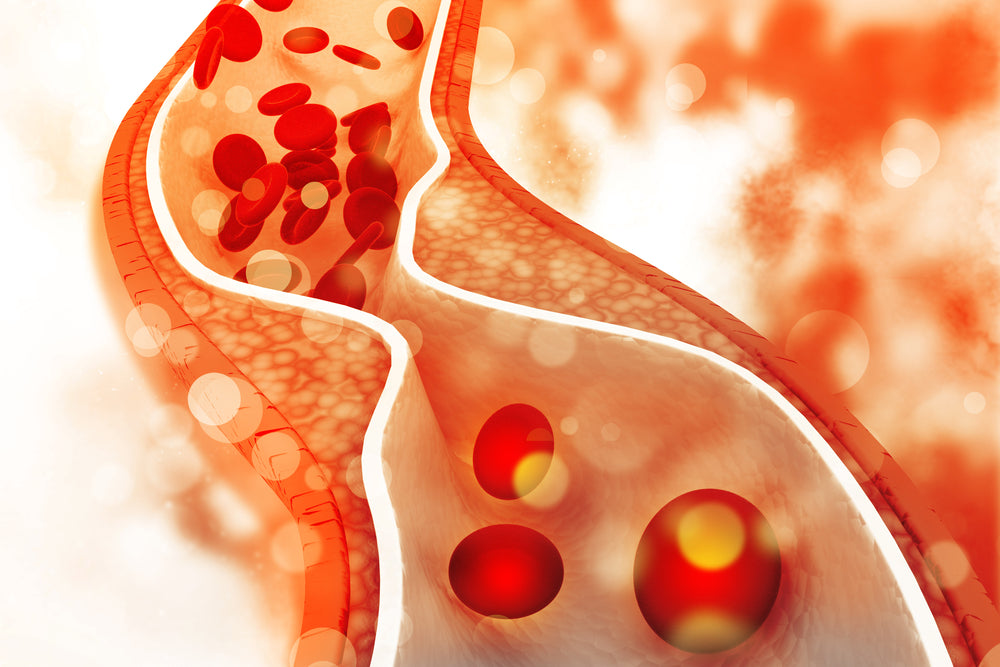
They’re right about one thing: studies do show that coconut oil raises LDL cholesterol. However, they ignore research that demonstrates that it also raises HDL (good) cholesterol. In fact, the research remains inconclusive on whether saturated fat raises LDL cholesterol at all. However, experts agree across the board that increasing your HDL cholesterol has a positive effect on your heart health.
Why on earth would the AHA be so seemingly-deliberately obtuse when it comes to making recommendations upon which so many people base their health and nutrition choices? Firstly, two members of the US Canola Association sit on the AHA’s nutrition advisory panel, and they aren’t the only biased corporate influencers, either. Also, the AHA uses questionable research to support its position. They have overstated the significance of the studies used, which, at best, can show only correlation and not causation.
Another problem lies in the fact that government organisations often base their nutrition guidelines on research from Harvard’s School of Public Health, which is where the scientist behind the AHA’s latest advisory hails from. The reason this is the problem is that clinical trials haven’t been able to reproduce Harvard’s most significant findings.
Numerous studies have shown that saturated fat and cardiovascular disease are not associated. Here are a few of them:
One of the most frequently-cited studies supporting the claim that saturated fat is unhealthy was performed in a Finnish mental institution in the 1970s. The subjects of the study consumed soybean oil instead of milk fat, margarine instead of butter, and more vegetables in place of some of the meat and eggs in their diets. The study did show a decrease in heart disease in the men after 12 years (but not the women). However, there’s more to this study than meets the eye. Some of the subjects were taking cardiotoxic medications that probably diminished the validity of the findings. In other words, if study subjects are taking drugs that harm their hearts, then it’s impossible to say what impact, if any, their diets were also having. That’s just one example of how a study can be skewed – whether accidentally or intentionally.

So, studies that show that saturated fat “causes” heart disease have serious issues and unreliable conclusions. Saturated fat clearly may not be the villain it’s hyped up to be… but could it, in fact, be a good guy? Is it possible that it might indeed help your heart? There is, in fact, plenty of research that says just that. This research is based on the idea that if saturated fat does raise cholesterol, this is a good thing.
To understand how this could be, let’s take a look at how saturated fat and cholesterol work in the body. Cholesterol is a substance much like fat that your body utilises in its hormones and cells. A certain amount is essential for good health. However, the potential problem lies with lipoproteins; the vessel cholesterol uses to move around the body. Lipoproteins carry cholesterol, fat, and certain vitamins through your bloodstream. Yes, high levels of lipoproteins are correlated with a higher risk of heart disease, but again, correlation is not causation.
The type of cholesterol carried around by your lipoproteins makes a difference; this is common knowledge among experts. HDL cholesterol is considered good and LDL, bad. However, labelling LDL cholesterol “bad” is oversimplifying the matter. LDL particles come in varying sizes. Smaller, denser particles can become stuck in the arteries, clogging them and presenting a greater risk of strokes and heart attacks. However, this concern may not be warranted in the case of larger, less dense particles. Large LDL particles have been cleared of any wrongdoing when it comes to cardiovascular risk; they are not associated with ischemic disease.
Here’s why this matters to those trying to figure out whether or not to eat saturated fats: saturated fats increase the size of LDL particles. That means that saturated fats make the LDL cholesterol you do have in your body safer. That’s right: when you consume a high-fat diet that includes lots of saturated fats, the size of your LDL cholesterol particles increases, effectively reducing your risk of stroke and heart disease. If saturated fat has any effect on your heart, it’s beneficial, not harmful. But don’t miss the point that research still has yet to prove that LDL cholesterol has any association with heart disease in the first place. The fact remains that many people who have heart disease indeed have normal LDL cholesterol levels, and many of these have normal HDL levels, as well.
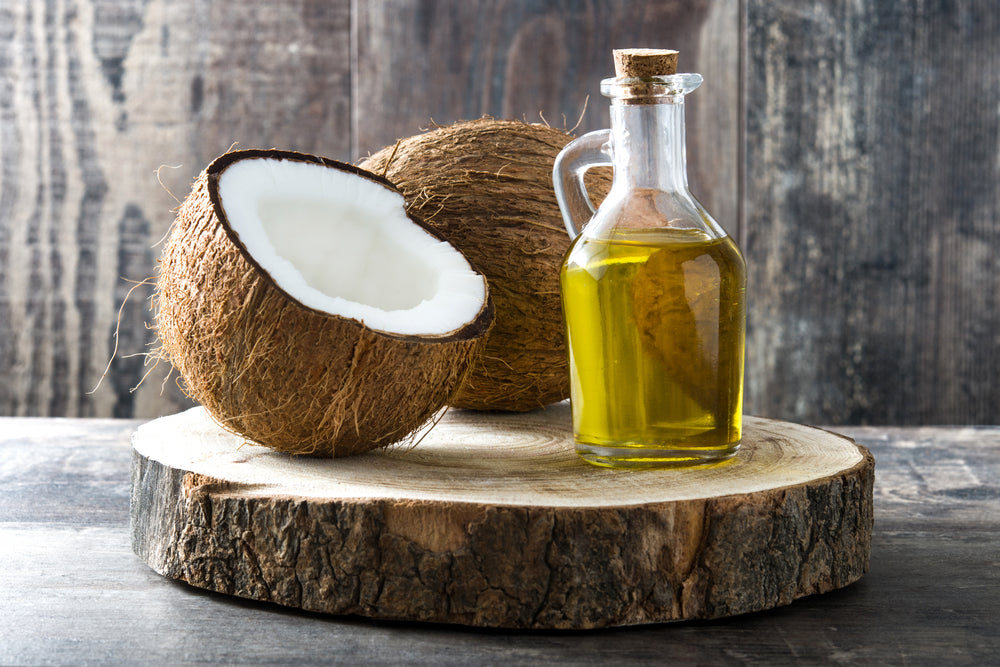
The fat in coconut oil is undeniably saturated, and it’s ridiculous to say that it has no offsetting good qualities. The truth is that plenty of research shows that people who consume coconut oil rather than soybean oil have higher HDL levels and a healthier HDL-to-LDL ratio. Coconut oil is clearly more heart-healthy than soybean oil. Besides this benefit, it also appears to increase metabolic rate, meaning that it could promote weight loss. This, in turn, provides even further cardiovascular benefits.
And if that doesn't interest you, you could always use it on your hair. Rachael Robinson, owner of Ahoy Designs says “at the very least, if you don’t fancy eating the stuff it works wonders in your hair" as Rachael re-lives in her blog here: https://ahoydesigns.co.uk/blog/how-i-protected-and-nourished-my-hair-on-the-beach-with-coconut-oil/
If you’ve researched coconut oil and why it’s good for you, you may have read that coconut oil contain medium-chain triglycerides (MCTs). MCTs are a type of saturated fat the human body burns for energy quickly. Since coconut oil contains these triglycerides, it follows that coconut oil must have similar potential. Also, coconut oil has been used for ages in many cultures for its antiviral and antibacterial properties as well as its macronutrient content.
Tokelau and Pukapuka are two such cultures. These islands are located in the South Pacific, and both have populations that consume a lot of saturated fat, especially from coconuts. However, their diet is also low in sugar. The incidence of heart disease is low in both populations; thus, there is no evidence in these areas to support the idea that saturated fat is harmful.
Kitava is another island. It belongs to Papua New Guinea, and people there live an old-fashioned life, uninfluenced by Western nutrition guidelines and dietary habits. Coconut is a staple – but stroke and ischemic heart disease are not. In fact, these health problems don’t exist in this area at all.
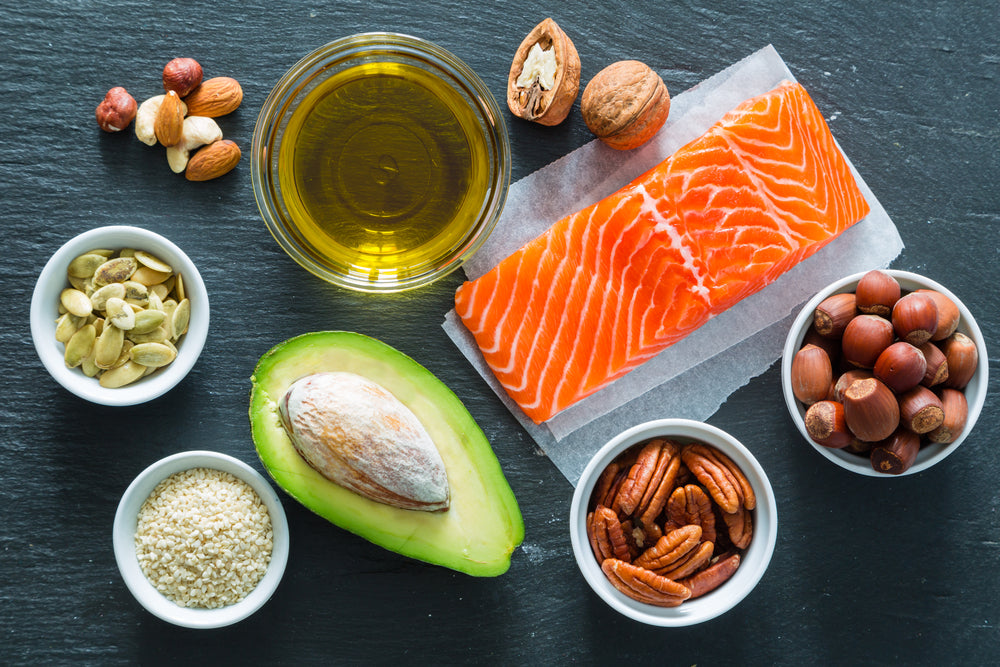
If avoiding saturated fat is not your golden ticket to a healthy heart, what is? It’s important to note that everyone is unique; there are no guidelines that could apply to everyone. Neither saturated fat nor coconut oil is guaranteed to cause problems, but that doesn’t mean that one specific person won’t have any health problems related to their intake. However, there are some steps you can take that will provide you with significant health benefits and maximise your well-being. Various lifestyle factors have a huge impact on your heart health – more of an impact than how much coconut oil you consume.
Keep an eye on your polyunsaturated fats. Your fish oil supplement is widely thought to be safe and efficient, but processed vegetable oils such as corn and soybean contain polyunsaturated fat that has been shown to be harmful. The reason fish oil is an exception is that its omega-3 fatty acids fight inflammation (as opposed to omega-6 fatty acids, which encourage it). Don’t get the wrong idea about inflammation. A certain amount is necessary for good health, but when it gets out of hand, it can cause all sorts of serious health problems.
Consider the fact that many chronic diseases were rarely heard of until the mid-1900s. Heart disease, obesity, and diabetes started to cause widespread problems much more recently. Right along the same time, in fact, that many people’s diets gradually shifted from a diet based on saturated fat to one based on polyunsaturated fat. A chief reason for this was the widespread switch from butter to margarine.

The Framingham Heart Study was one of the longest in history. Spanning from 1948 to the late 1960s. This study followed residents of Framingham, Massachusetts, particularly their margarine consumption. This study found that margarine intake increased the risk of heart disease, but butter did not.
Another important way to keep your heart healthy and optimise your overall well-being is to exercise – regularly. The Maasai tribe of Tanzania ate diets that were rich in saturated fat. However, their incidence of heart disease is low. Many experts believe that the reason for these low rates of heart disease is their considerable level of physical exercise. They also tend to have healthy blood pressure. It’s possible that if their diet does cause any damage to their hearts, their regular exercise offsets it.
It’s clear that maintaining good health depends on a variety of factors and that you can’t focus on just one food or one habit when it comes to your overall well-being. There are some things you can do, of course, to lower your risk of health problems, such as quitting smoking, managing your stress levels, and getting plenty of sleep.
When it comes to your diet, eat real, unprocessed foods and avoid overeating. If you want to limit or eliminate foods from your diet, focus on refined carbohydrates (bread and sugar) – foods that have been shown to be unhealthy. Don’t worry about coconut oil, which has not been shown to have any harmful effects on your body and may even be beneficial.
Despite the benefits we’ve learned about protein powders, not all of them are keto-friendly. Just like any product for people on a low-carb diet, you need to read the label closely to make sure you’re not consuming added carbs and sugars.
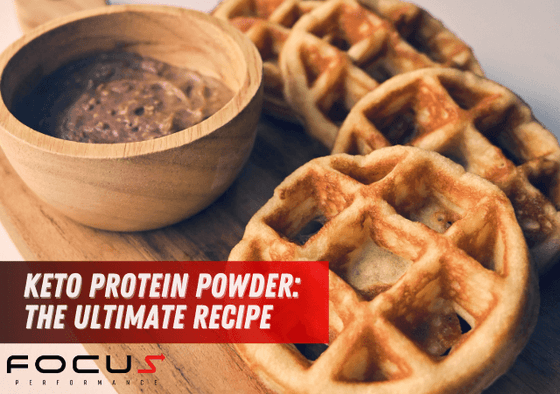
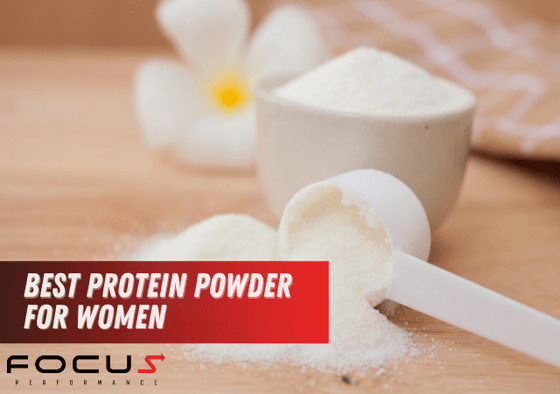
Scott Reid
Author
Scott Reid is a 2 x Britain’s Strongest Man U105kg winner (2007 & 2008) and IFSA World's Strongest Man U105kg Competitor. He is an expert in strength and conditioning and also coaches functional nutrition. Scott’s passion for understanding the human body and how to optimise every aspect of it has driven him to study under legends such as Paul Chek. Scott now coaches MMA Athletes, Strongmen and Bodybuilders to name but a few, helping them to implement a well structured diet and become more powerful, explosive versions of themselves.